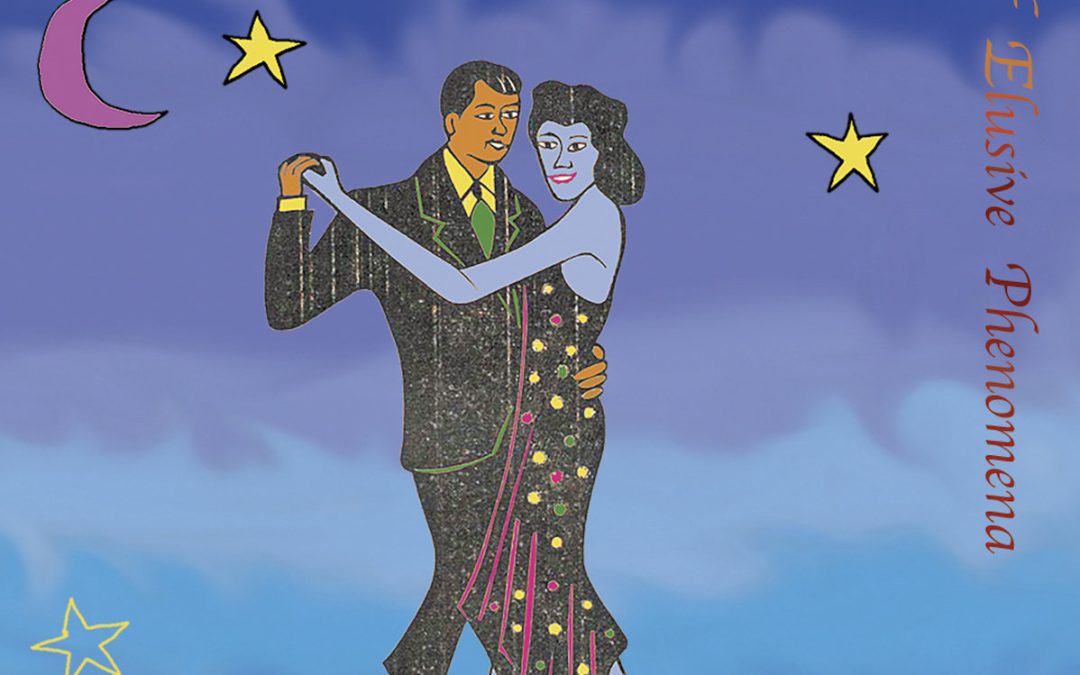If one goes to percussionist Julian Gerstin’s website one will find it is subtitled Music of Africa, the Caribbean and the African Diaspora —percussion / ethnomusicology. That is a pretty good way of describing this music as while arguably it is jazz in its widest forms, it certainly includes many styles which one thinks of coming from many other countries. When Covid 19 meant that musicians could not perform, Julian came up with the idea of having 20 musicians work on material in their own studios, and he would then bring it all together. Apart from one song they are all originals, which means he would have had to score them all, no mean feat. He also wanted to have music he would not normally perform with his sextet for whatever reason, including that it may not be jazz enough. Most of the music is danceable and includes influences from genres such as afrobeat to cha cha cha to maracatu to West African bell polyrhythms.
It never sounds as if this has been recorded piecemeal and then pulled together like a complex puzzle, and if I had not seen it in the press release I would not have believed it as this really does sound as if everyone was recording together in a big sound stage. For the most part this is something which is incredibly pleasant and relaxing, but I did find “Ways To Hear Each Other” quite jarring and at odds with the rest of the album. It is a serious spoken word piece with gentle piano, which is totally out of place with everything else and for me spoils the overall effect of the rest. That is a shame, as some of the percussion/brass interplays in particular are simply incredible. This is a jazz record which brings in elements of percussion and swing from many other Latin and African sources and is something that is an interesting experiment in sound and showing how close certain genres are to each other, and how they can be blended seamlessly.
Rating: 7/10
Links:
https://juliangerstin.com/









